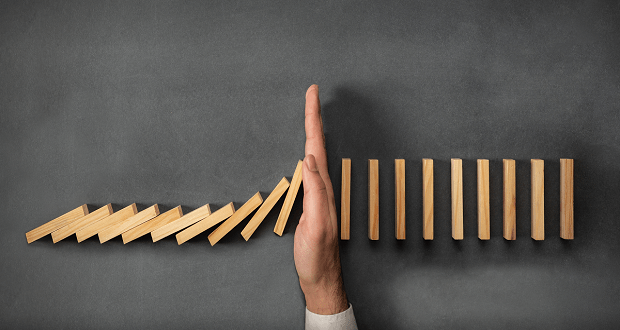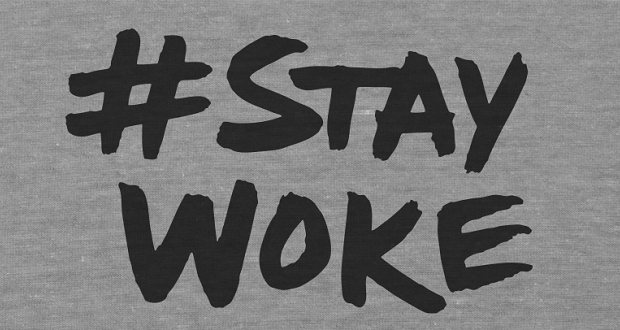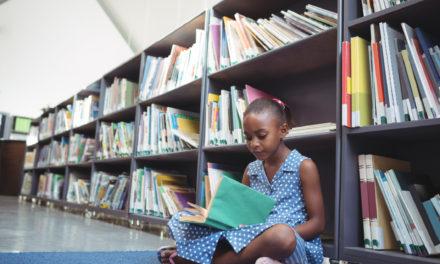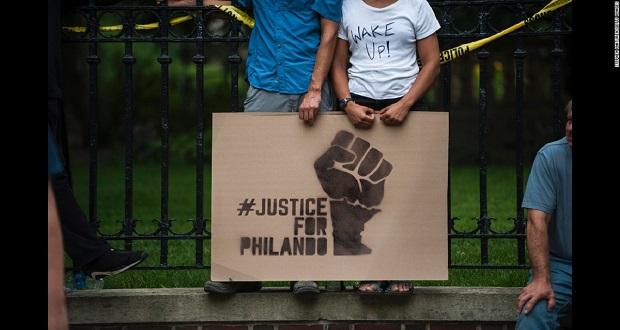
At The Winters Group—and in the diversity, equity, inclusion (DEI) field at large—we often reference “the work.” We unpack the meaning of this work, create strategies around this work, and support one another in doing this work. But even as DEI practitioners and subject matter experts committed to this work, we remain fallible humans. For most, if not all of us, there have been times in which we’ve witnessed injustices and failed to intervene due to complexities involved in the situation at hand. Whether this injustice is in the workplace, at a conference, or on social media, our silence is harmful—and it goes against the very nature of our work.
Even as DEI practitioners & subject matter experts committed to this work, we remain fallible humans. For most, if not all of us, there have been times in which we’ve witnessed injustices & failed to intervene Share on XOften, we may quietly regret these incidents, without ever sharing them with others. Our silence about our silence has two distinct consequences: First, we fail to serve as examples of “practicing what we preach,” leaving others, including participants in our learning experiences, to assume we have “arrived” and don’t have additional work to do ourselves. Secondly, it becomes easy to feel shame around these experiences, and begin to avoid them in our own thoughts—failing to use them as opportunities for reflection and improvement.
Why is it that we miss these opportunities to practice the teachings of our work? Why is it that we occasionally miss opportunities to speak up and speak out? Sometimes we’re uncertain of our role or whether it’s our business. Sometimes things unfold too quickly for us to comprehend what is happening until hindsight makes it clear. Sometimes, we simply feel we may not have the energy. Whatever it may be, doing better involves understanding the situations in which we did not rise to meet the expectations we set for ourselves and others.
In writing this, I recalled a particular situation in which I failed to speak up when an inappropriate joke was made. I knew the joke was wrong, but I didn’t say anything in the moment. Afterwards, it consumed my thoughts, and I kicked myself for not saying something. I felt ashamed and embarrassed, so I never talked about it publicly, instead embarking on an introspective journey to figure out why I missed this opportunity, when I knew better. I asked myself many of the questions our writers face in their upcoming pieces. Why didn’t I speak up? What was it about this particular case that stopped me? I was so fascinated by this gap between knowing better and doing better that I started doing “research” by studying different situations in the TV show, “What Would You Do?” I was so humbled by the participants’ honesty regarding their mistakes, that I felt empowered to be honest with myself about my own. Ultimately, I found that in my situation, I did not want to be deemed a “whistleblower” by the person who made that particular joke. It wasn’t easy for me to uncover this about myself, but by understanding what was driving me to act a certain way, I could address it moving forward.
By surfacing stories of times we didn’t speak out, and reflecting upon them, we practice vulnerability and offer a reminder that it’s okay to be human, and not just okay, but important, to reflect on our failings. Our reflection also serves to help us identify our own patterns and challenges, so that the next time we find ourselves in a similar situation, we are not caught off guard, and can instead act for the greater good.
By surfacing stories of times we didn’t speak out, and reflecting upon them, we practice vulnerability and offer a reminder that it’s okay to be human, and not just okay, but important, to reflect on our failings. Share on XIn this series, we want to dive in to some of these times in which we didn’t do the work, in order to do better and be better. We ask different members of our team to reflect on their experiences and failings, offering a framework within which you can be guided in your own journey to doing the work.
As you read the accounts posted in the coming weeks, we encourage you to practice vulnerability and reflect on your own similar experiences. What did I fail to do? Why did I fail to do it? Does my behavior fall in line with any particular pattern? What does speaking up and speaking out really mean? And most importantly: How can I do better in the future? As we work to become our best selves—in the workplace and beyond—it is imperative that our learning include reflection. We must look back at our mistakes, look inward at our reasons, and look forward to becoming better.

![The Buzz: It’s [Been] Time to #MuteRKelly](https://theinclusionsolution.me/wp-content/uploads/2019/01/mute-button-blog.png)
















